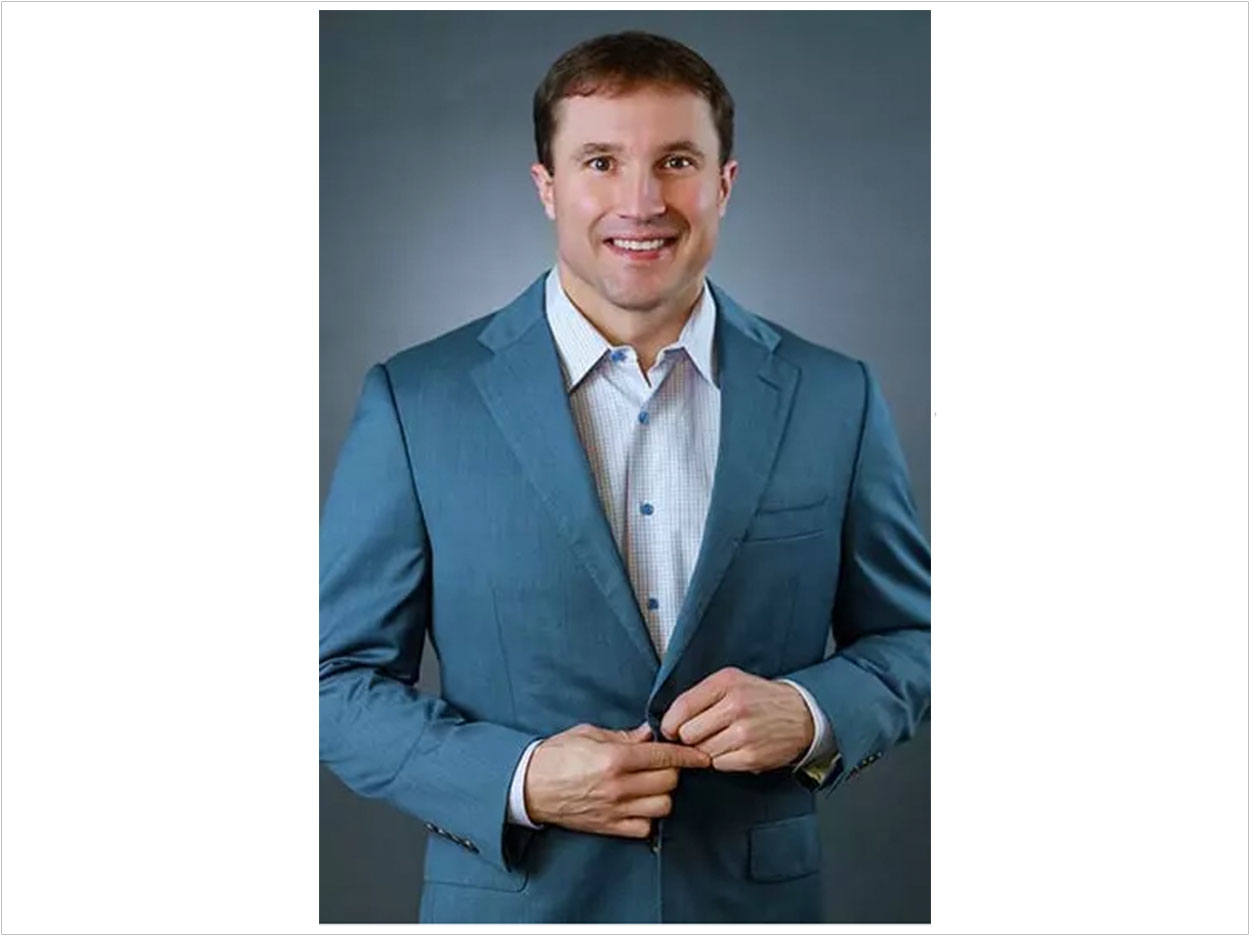Modern healthcare ensures that a child born with a cleft can live a fulfilling life with the aid of early intervention and treatment. For parents seeking to understand when their child should begin treatment for a cleft lip/palate, you’ve come to the right place. Dr Mark Austin North Carolina answers this very question: When should a child with a cleft lip/palate initiate treatment?
Scheduling the First Surgeries
• Cleft Lip – Surgery to repair a cleft lip is usually performed when the baby is between 2 and 6 months old. The exact timing is determined by the baby’s health status and weight. This operation aims to close the separation, restore muscle function, and provide a normal shape to the mouth.
• Cleft Palate – The ideal time for cleft palate repair surgery is generally when the baby is between 6 and 12 months old. This surgery helps ensure that the child’s speech development aligns as closely as possible with their peers. It is intended to fix the roof of the mouth so that the child can eat and learn to talk properly.
The Multidisciplinary Journey Beyond
• Hearing Management – Since cleft palate babies have an increased risk of hearing loss, regular hearing assessments should begin in infancy. In some cases, a procedure to place pressure-equalizing (PE) tubes may be needed to prevent fluid build-up and associated hearing loss.
• Speech Therapy – If speech difficulties surface after surgery, speech therapy becomes an essential part of the care plan. The exact time to start will depend on the child’s individual needs but can begin as early as needed and continue into the early school years.
• Orthodontic Care – Orthodontic treatments usually start in early childhood, even before the child gets their permanent teeth. At the time of the child’s growth spurt, a bone graft may be introduced to provide structural support for the new teeth.
• Psychological Support – Lastly, acknowledging the emotional aspect of living with a cleft lip/palate is crucial. Psychological support should be made available to kids and teens to help them navigate the challenges they might face related to their appearance and self-esteem Dr Mark Austin North Carolina.


